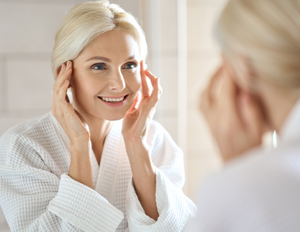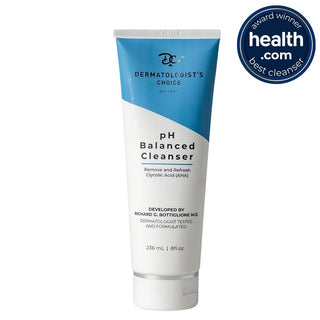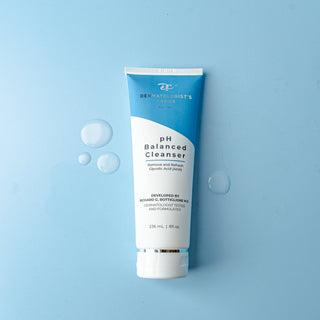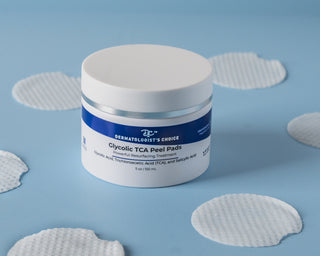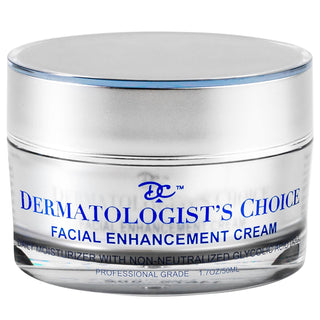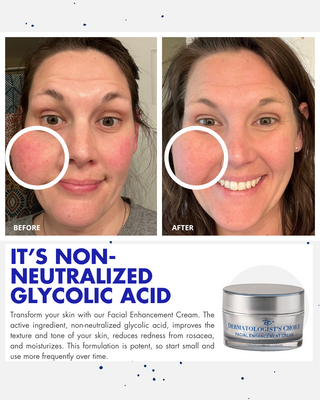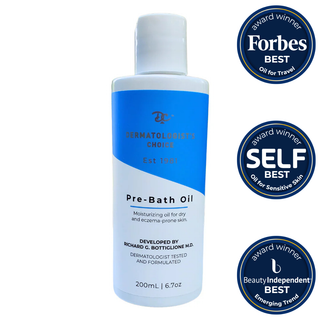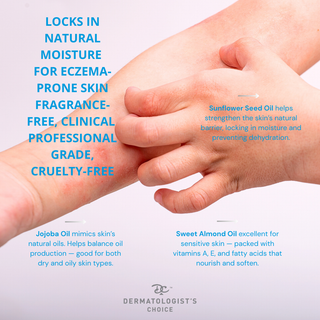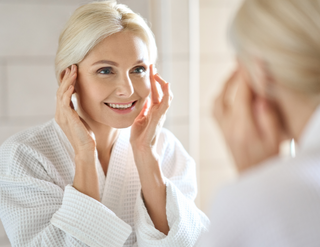
Summer is the season of sun, fun, and outdoor adventures. However, it’s also the time when our skin is most vulnerable to sunburn and damage from harmful UV rays. As the temperatures rise, so does the need to protect your skin from the sun's intense rays. Here are some essential tips from a seasoned dermatologist on how to avoid sunburn and what to do if you do get sunburned.
Tips to Avoid Sunburn
-
Use Sunscreen: The first line of defense against sunburn is a good sunscreen. Dr. Bottiglione, a dermatologist with over 50 years of experience and founder of Dermatologist's Choice Skincare, emphasizes, "I recommend you wear a sunscreen of at least SPF30, wear a hat and protective clothing to shield your skin from the sun." When it comes to choosing the best sunscreen for summer, the best sunscreen is the one you will wear regularly. Any sunscreen at the store is fine just make sure it's a SPF of at least 30.
-
Reapply Sunscreen Regularly: Sunscreen isn’t a one-and-done deal. Reapply at least every two hours, especially after swimming or sweating.
-
Seek Shade: Whenever possible, stay in the shade during the peak sun hours between 10 AM and 4 PM when the sun's rays are the strongest.
-
Wear Protective Clothing: Long-sleeved shirts, pants, wide-brimmed hats, and sunglasses can provide excellent protection against UV rays.
-
Be Cautious with Reflection: Water, sand, and even snow can reflect UV rays and increase your risk of sunburn. Be extra careful when you're around these surfaces.

What to Do If You Get Sunburned
Despite your best efforts, sometimes sunburn happens. When it does, it's crucial to treat it promptly to minimize damage and discomfort.
-
Cool the Skin: Apply a cool, damp cloth to the sunburned areas. Take cool baths or showers to soothe the skin.
-
Moisturize: After cooling the skin, apply a gentle moisturizer, such as the SELF Magazine Award-Winning Dermatologist's Choice Pre Bath Oil with natural oils to keep it hydrated. Pre-Bath Oil with natural oils is a popular choice for its soothing properties as it protects the skin better by applying BEFORE entering the shower.
-
Stay Hydrated: Sunburn can dehydrate your skin and body. Drink plenty of water to stay hydrated and help your skin recover faster.
-
Use Glycolic Acid to Reverse Sun Damage: To reverse sun damage and rejuvenate your skin, consider using Dermatologist's Choice Facial Enhancement Cream or Ultra Anti-Aging Cream. These products contain active non-neutralized glycolic acid, which can significantly improve sun-damaged skin. Dr. Bottiglione explains, "Glycolic acid can actually help your skin a great deal after you get too much sun or have sun damage from years of tanning and getting sunburns by exfoliating off the damaged skin and rebuilding the collagen in the skin for smoother brighter skin." Of course, wait until the sunburn is fully healed before applying glycolic acid.
The Benefits of Glycolic Acid on Sun Damaged Skin
Glycolic acid, an alpha-hydroxy acid (AHA), is renowned for its exfoliating properties. It helps remove the outer layer of dead skin cells, revealing fresher, younger-looking skin underneath. By stimulating collagen production, it also helps to reduce the appearance of fine lines, wrinkles, and hyperpigmentation caused by sun damage.
Using products like Dermatologist's Choice Facial Enhancement Cream or Ultra Anti-Aging Cream, which contain this powerful ingredient, can make a noticeable difference in the texture and tone of your skin. Regular use can lead to smoother, brighter, and more youthful skin.
Protecting your skin from the sun is crucial for maintaining healthy, youthful skin. By following these dermatologist-recommended tips and incorporating high-quality skincare products into your routine, you can enjoy the summer sun without compromising your skin's health. Remember, prevention is always better than cure, but if you do end up with sunburn, products with glycolic acid can help reverse the damage and rejuvenate your skin. Stay sun-safe and keep glowing!




